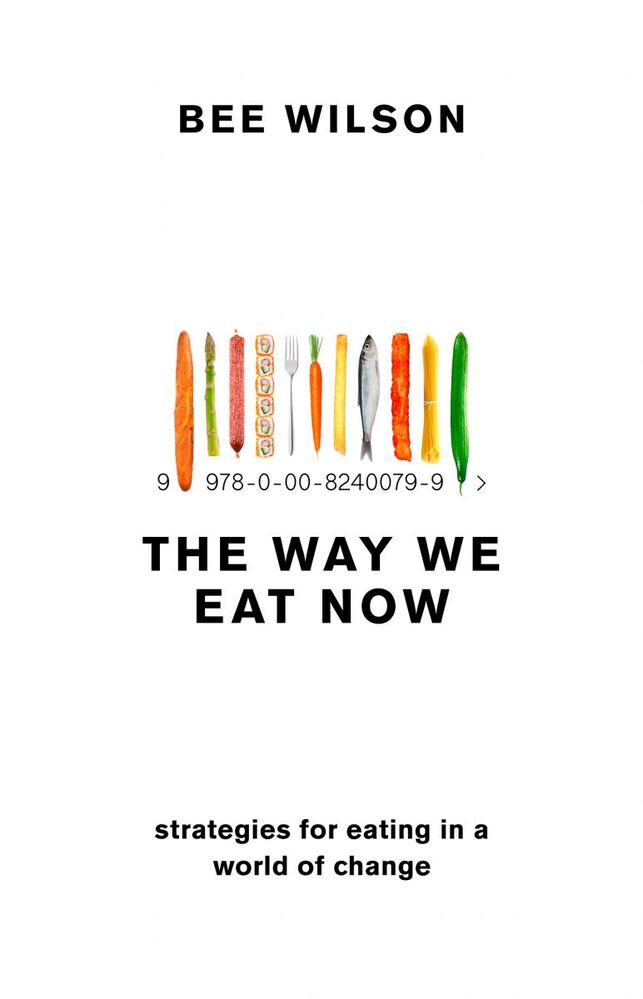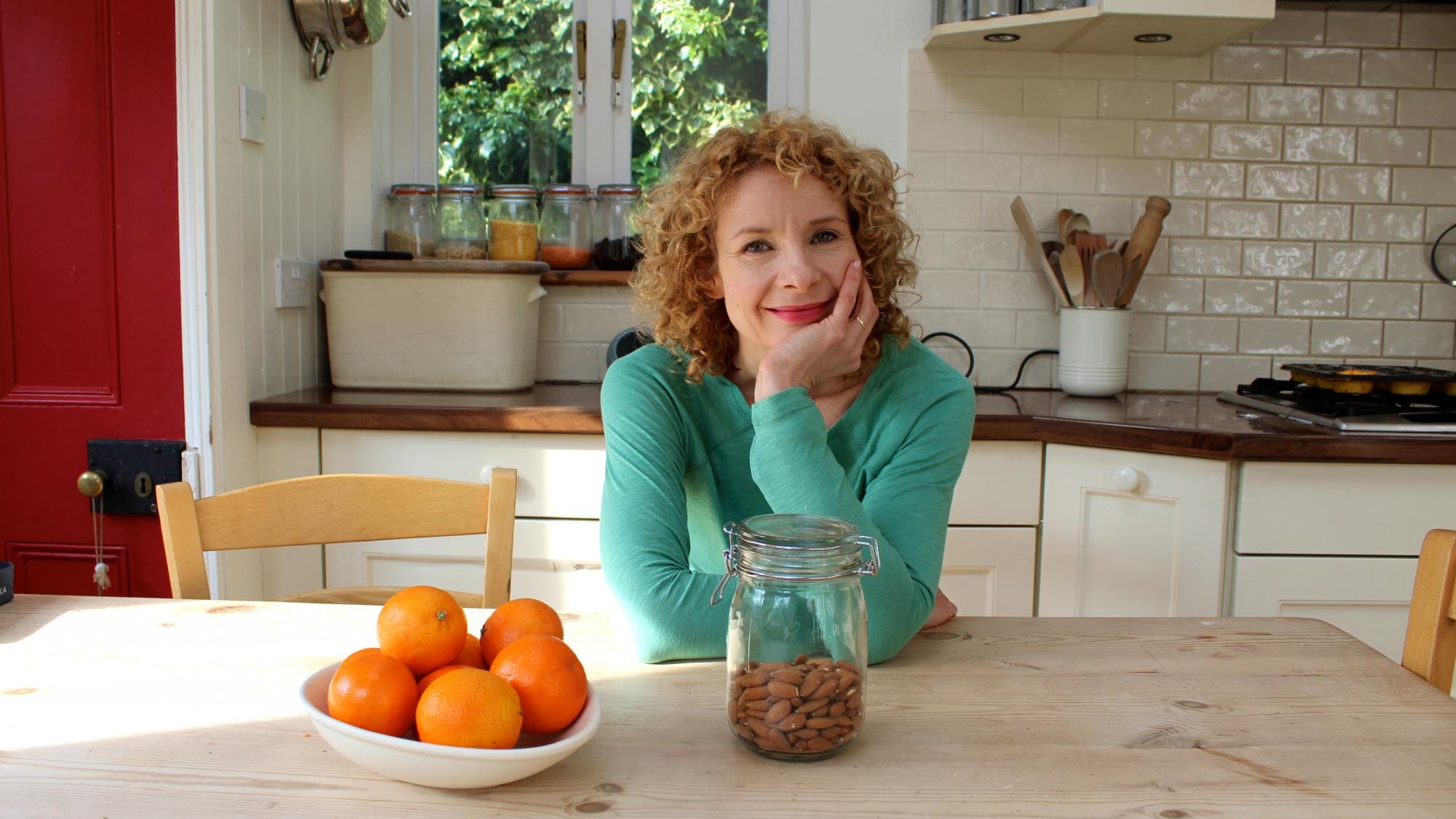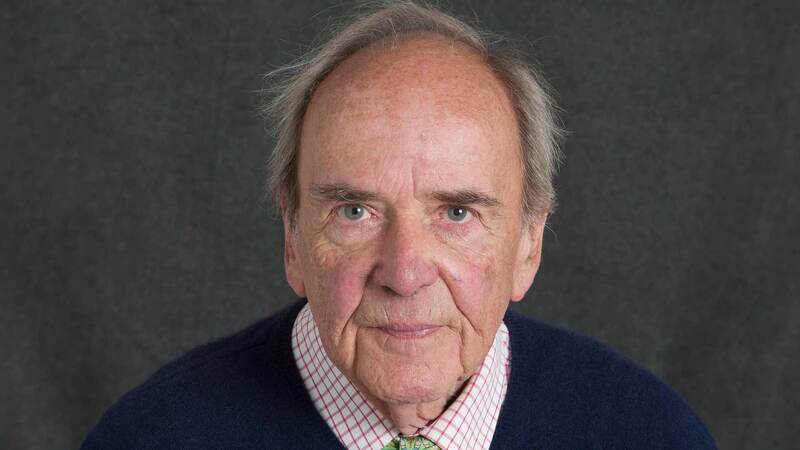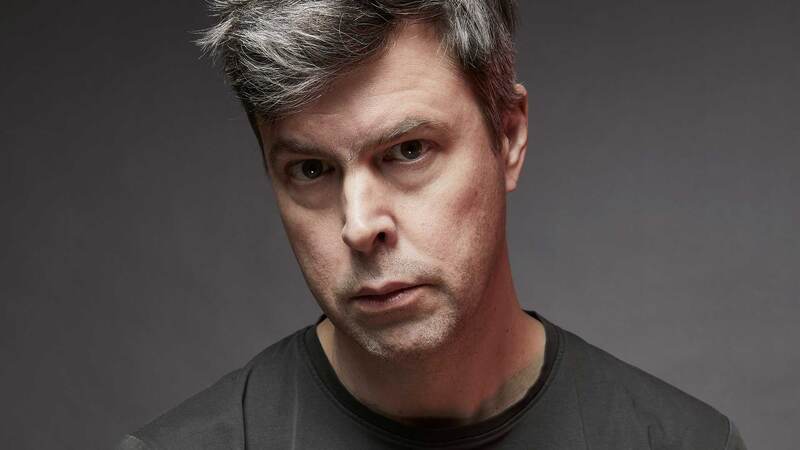You are viewing your 1 free article this month. Login to read more articles.
Bee Wilson | 'Food is how we live'
 Caroline Sanderson
Caroline SandersonCaroline Sanderson is a non-fiction writer, editor and books journalist. Her books include a travel narrative, A Rambling Fancy: in the F ...more
Bee Wilson’s writing on food and gastronomy continues with an urgent call to assess our consumption.

Caroline Sanderson is a non-fiction writer, editor and books journalist. Her books include a travel narrative, A Rambling Fancy: in the F ...more
Two days into January seems the perfect time both to interview food writer Bee Wilson, and to eat homemade cake. In a piece published in the Wall Street Journal just after Christmas, Wilson wrote: "Some see January as the month of health because it is the time when people cut back and adopt a new fitness regime. But I see something healthier in the spirit of December. It is a sliver of time when, just for once, we allow ourselves to act as if cooking matters—because it does." Then, while I’m en route to meet her at her home in Cambridge, she tweets: "This is depressing. A new ‘wellness’ aisle in Sainsbury’s, Cambridge. Contents: sugary biscuits, protein bars, organic cola drinks, slimming shakes. The madness of our food culture all in one aisle."
 Wilson—described by Yotam Ottolenghi as "the ultimate food scholar"—writes brilliantly about all aspects of our current food culture, mad and otherwise, in her forthcoming book The Way We Eat Now: Strategies for Eating in a World of Change. As we sit at her kitchen table, Wilson tells me that the book gained its global scope only in the writing. "It was originally going to be quite a light-hearted overview: a sort of kitchen census, peering at people’s lives. Like when you go to the supermarket and you find a shopping list that somebody’s left behind and try to picture their life from it. But it became a much bigger book because I realised I wanted to look at the whole picture of how we eat today. I find it both wonderful and overwhelming how much food there is in our lives: all these flavours, all these ingredients. But then there’s the fact that food—which should be the thing that keeps us alive and gives us joy—is actually the number one cause of disease in the world, killing us not through its lack but through its abundance." On the table in front of us, Wilson has lined up a range of drinking glasses, both antique and modern, to demonstrate that once upon a time, a white wine glass was half the size of the one that most of us now glug from.
Wilson—described by Yotam Ottolenghi as "the ultimate food scholar"—writes brilliantly about all aspects of our current food culture, mad and otherwise, in her forthcoming book The Way We Eat Now: Strategies for Eating in a World of Change. As we sit at her kitchen table, Wilson tells me that the book gained its global scope only in the writing. "It was originally going to be quite a light-hearted overview: a sort of kitchen census, peering at people’s lives. Like when you go to the supermarket and you find a shopping list that somebody’s left behind and try to picture their life from it. But it became a much bigger book because I realised I wanted to look at the whole picture of how we eat today. I find it both wonderful and overwhelming how much food there is in our lives: all these flavours, all these ingredients. But then there’s the fact that food—which should be the thing that keeps us alive and gives us joy—is actually the number one cause of disease in the world, killing us not through its lack but through its abundance." On the table in front of us, Wilson has lined up a range of drinking glasses, both antique and modern, to demonstrate that once upon a time, a white wine glass was half the size of the one that most of us now glug from.
The environment has completely changed. Our grandparents were not having to choose between 20 different chocolate bars when they went to pay for petrol
The reality of mushrooming portion sizes is just one of a remarkable range of food topics served up in The Way We Eat Now, from our modern propensity for snacking ("if we never stop eating, there can be no true meals") to the fact that the average American now consumes an average of 450 calories a day in drinks alone. It also covers the history of Chinese restaurants in the UK, bland bananas, the dangers of the disappearing lunch hour, the recent rise of skyr, orthorexia, Deliveroo, the ubiquity of refined vegetable oil in the food processing industry, and the fact that everyone, rich and poor, ate the same bread in 19th-century London. (A time when, Wilson wittily informs us "everyone in the city was a sourdough snob".)
Just desserts
The Way We Eat Now is more than just a history of our dietary transitions, however. It is also a polemical book which argues powerfully that our current eating habits are sustainable neither for the planet nor for human health, whether it be the Western craze for quinoa, which has priced Bolivian farmers out of eating their own long-time staple crop, or the crying need for food banks, and our tendency to condemn the often unhealthy eating habits of those on low incomes while failing to hold the food industry to account for its clever but nutritionally disastrous marketing tactics.
"The environment has completely changed. Our grandparents were not having to choose between 20 different chocolate bars when they went to pay for petrol", says Wilson, who makes a case in her book for greater government intervention, because "what we eat is never just a matter of personal desire or demand... our desires are shaped by the world around us". She cites the example of South Korea, where rapid economic development has not diminished the national taste for vegetables, thanks in part to government initiatives like the provision of free cooking workshops designed to train families to make healthy, traditional dishes. There are grounds for optimism elsewhere too, Wilson believes. She sees the move towards veganism as a "really positive sign that people are starting to think ‘Let’s reinvent our own food rules’." She also speaks of her involvement in TastEd, a school initiative which develops lessons and activities to help kids widen their palates and learn about flavour and their own senses.
Wilson became a food writer "by accident" after a short-lived career as a Cambridge academic, although there is a direct connection between her academic work and her obsession with food. Her PhD thesis focused on the early 19th-century French philosopher Charles Fourier, an early exponent of utopian socialism. A crusading feminist writer way ahead of his time, Fourier also, Wilson tells me, came up with the idea of "gastrosophie", essentially a much broader concept than gastronomy, one which considers the society, agriculture and economics of food and how it all fits together.
The Way We Eat Now is a book in this gastrosophic tradition which acknowledges that, as Wilson puts it, "food is how we live". And yet its author has often found herself having to challenge the idea that food writing is essentially a trivial, light-hearted exercise. "When I started writing about food, some of my academic colleagues would say, ‘Oh, we’ve seen you writing your little articles about casseroles.’ And I’d think, ‘I’ve never written a little article about casseroles.’ There’s still a view of, ‘Let’s put food in its box; it’s domestic, it’s cosy, it’s something to do with women.’ Food can be all those things, but it is also deeply political—it has always been political. As a commodity, where does it come from? Who benefits? Who suffers for our food? In the context of Brexit, we are having to think who we actually owe our food to. What my book tries to grapple with is how food can be reinvented because we’ve never ever lived in a food culture like the one we live in now."
A healthy appetite
At the end of the interview, and in between mouthfuls of a freshly-baked lemon and poppy seed cake, Wilson and I chat about cookbooks (for the record, Nigella Lawson’s How to Eat, Lucas Hollweg’s Good Things to Eat and Meera Sodha’s Fresh India are among her favourites). Why do some end up spattered and broken-spined, while others languish on the shelf, flicked through, but unused? "I think it’s to do with appetite. Some books have the ability to conjure up and provoke appetite, where others do not," she responds.
While there are no recipes in it, The Way We Eat Now is ultimately also a book that tries to help us rediscover a truer appetite for food; one that flies in the face of dodgy supermarket marketing, advertising, to some extent Instagram, so-called clean eating and restrictive diets. "Instead, we should be asking, ‘What do I want, what do I like, what food pleases me? What sits well with my body?’ And letting those things be our influence. Because despite all the contradictions of this mad food culture we live in, good food that feeds the senses still has the ability to make us feel better," Wilson says, as we finish our slices of delicious cake.









